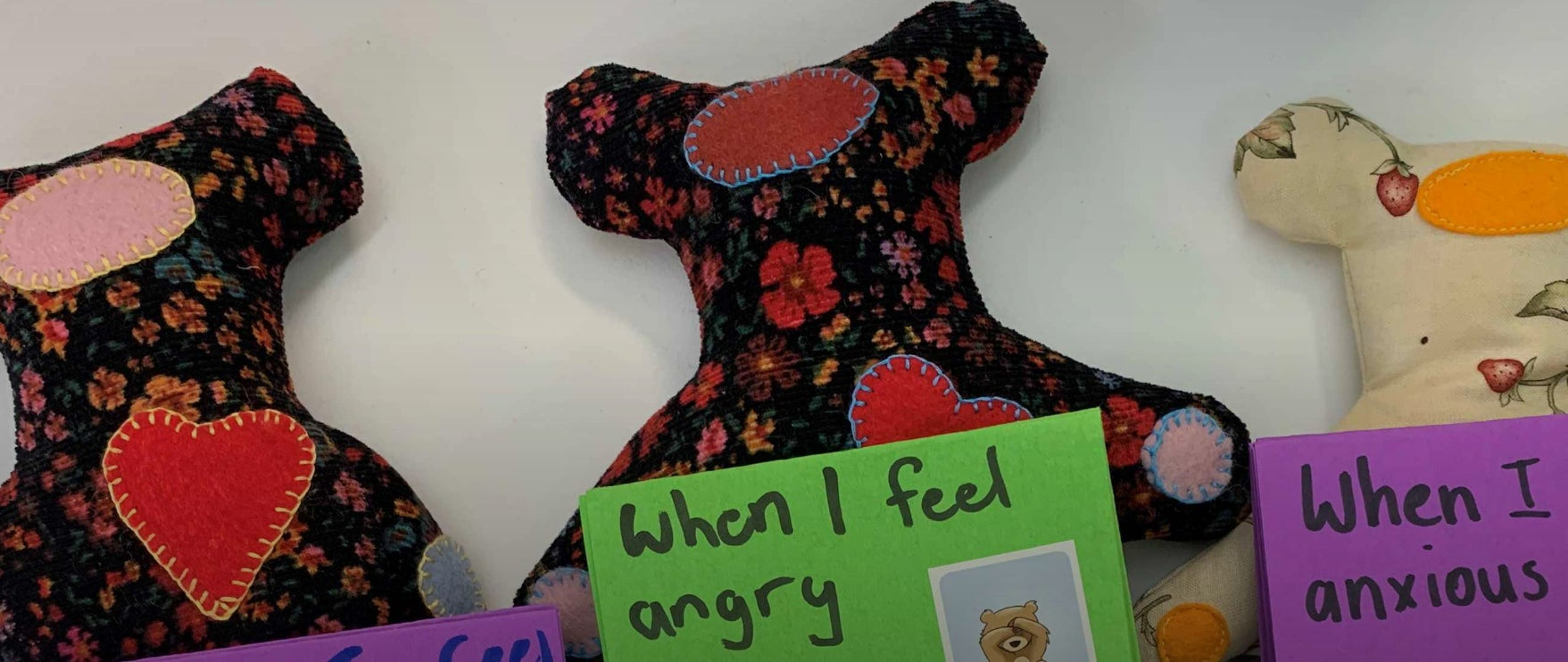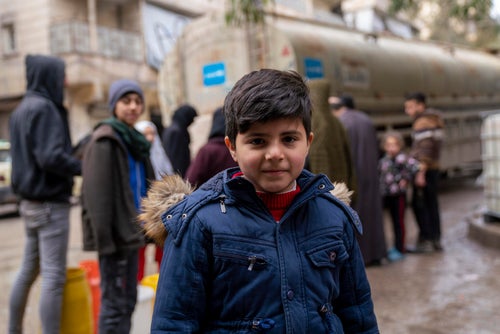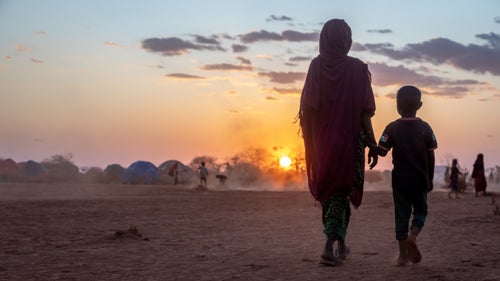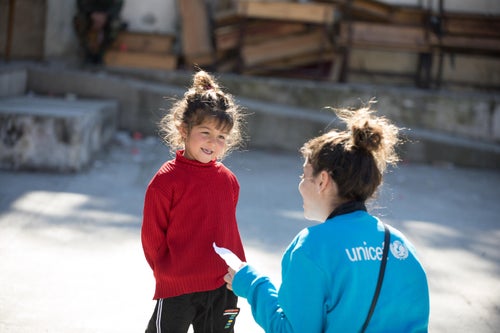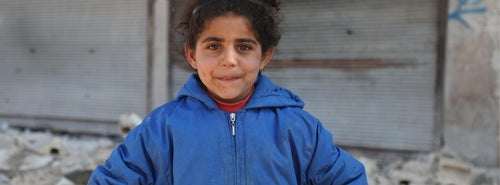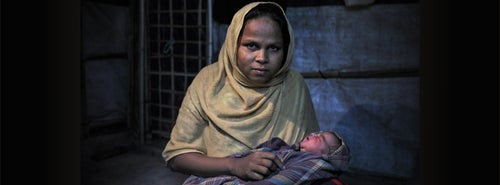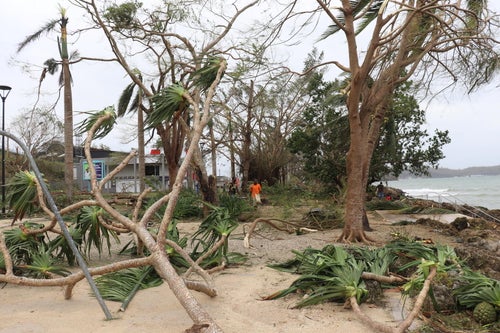Let us introduce you to Think Feel Do Bears, the sensory toys that are helping children impacted by the Black Summer bushfires to communicate their thoughts and feelings.
These little cloth bears are filled with a heavy material, such as rice, and decorated with three patches to represent a brain for thinking, a heart for feeling and paws for doing. The bears can be personalised, decorated, thrown, worn, cuddled and talked to.
Two in five Australian children and young people were impacted by the bushfires at the end of 2019 and beginning of 2020. The impact of natural disasters can change a child's life forever.
Trauma can impact their mental health, education, and employment – in both the short and long term. Without the right support, children are vulnerable to depression, anxiety and stress.
These special bears are just one of the ways UNICEF Australia and partner Royal Far West are helping children in rural and remote areas recover from trauma with psychosocial and mental health support.
We sat down with Billie, an Occupational Therapist at Royal Far West, to understand how these small toys are making a big difference for children.
Help build a Think Feel Do bear for children in need
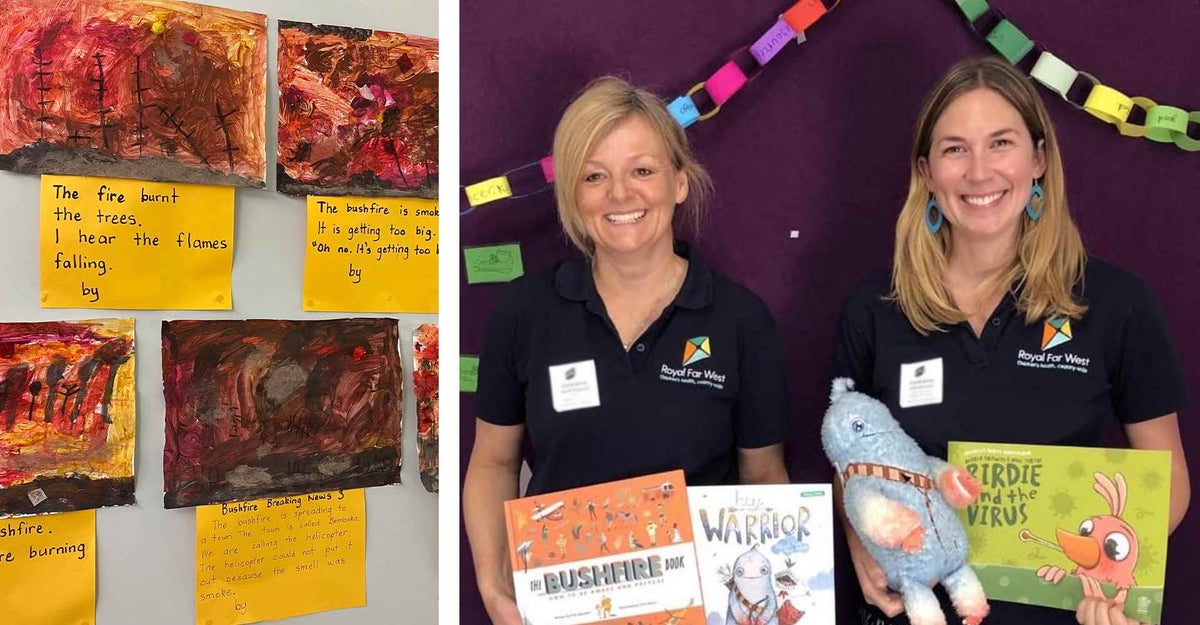
Melina from UNICEF: You’ve been working with children since the aftermath of the bushfires. How have you seen this disaster impact children?
Billie: What we were seeing initially was the trauma responses that you'd expect. So, kids being a lot more sensitive and wanting to be close to their family a lot. Some of them were quite easily triggered by a sunny or windy day, or the sound of a siren. Some kids lost their homes or were separated from their parents, or lost loved ones or pets.
There was also a lot of dysregulation (difficulty managing emotional responses) among kids at school that was disrupting learning, and just a lot more anxiety. Following the fires, COVID impacted all the communities and led to school closures and less opportunities for social interaction. This was a big challenge as social supports are an important contributor to recovery. We’ve seen the cumulative effect of communities having multiple adverse events in a short period of time.
How do you reach children with support?
We work closely with about 30 schools and several pre-schools. We go on outreach visits to the communities, and we work with the school to meet the varying needs of children, families and educators. Generally, we do group work with the kids, and workshops with educators and parents to help them understand how they can support their children. After the visit, we do follow up therapy with children, families and educators through tele-health to continue supporting the communities.
How do you use the Think Feel Do bears to help children recover?
We introduce the bears to the kids during group sessions. We might get them to share their thoughts and feelings or think about what they could do to help themselves when they feel a certain way. At the end the kids choose a bear to take home. This opens up a conversation between the kids and their family with the bear acting as a safe tool for communication.
We noticed a lot of kids were drawn to soft toys. I think that is what kids go for in terms of comforting themselves and that's one of the reasons why the bears have been so effective.
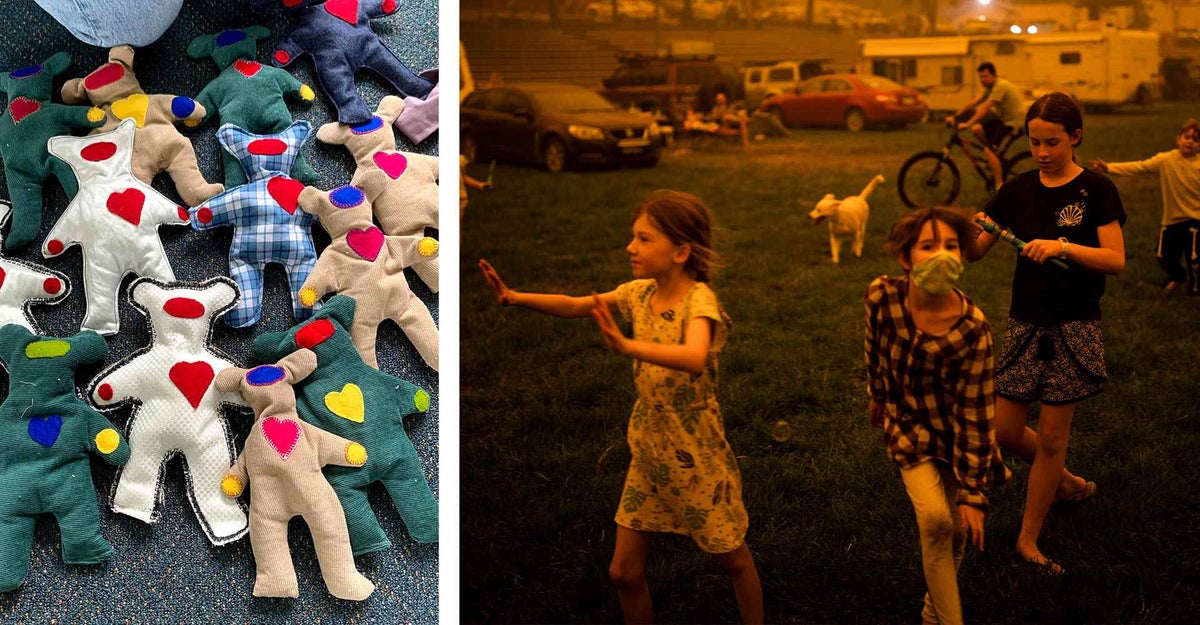
One of the things that I really like about the bears is that they're handmade, so they feel special. Each of the kids pick one that they are drawn to. Someone else made that for them, we always tell them that.
There's been several different groups such as the Country Women's Association in Broken Hill who have made a huge number of them. Also, Royal Far West staff especially during the first lockdown. I've made a few of them myself.
Quite a lot of the kids lost their homes during the fires and lost their favourite toys. So, I think giving them something that is theirs and that may be replacing something that they potentially lost – that is a nice part of it.
Together, UNICEF Australia and Royal Far West work to ensure children and families affected by the bushfires receive psychosocial and mental health services that support their recovery. In the 18-month period from the beginning of the program to July 2021, we have reached:
- 99 children with telecare therapy.
- 968 children with direct mental health support through group programs.
- 1,727 parents, educators, health professionals and community leaders with support and education so they can continue supporting children.
Globally, UNICEF has years of experience responding to natural disasters and conflict, ensuring children are safe and protected. When disaster strikes, UNICEF is there.
Royal Far West is an Australian charity and UNICEF Australia program partner that supports children’s developmental, mental and behavioural health and is dedicated to improving the health and wellbeing of Australia’s ‘country kids’.
Royal Far West is seeking volunteers to help make Think Feel Do bears.
Learn more about UNICEF Australia’s work in
Australia to protect all children, no matter what.
Building sustainable futures for children close to home
Support critical, underfunded programs throughout Australia and the Asia Pacific region.
Related articles
Stay up-to-date on UNICEF's work in Australia and around the world



